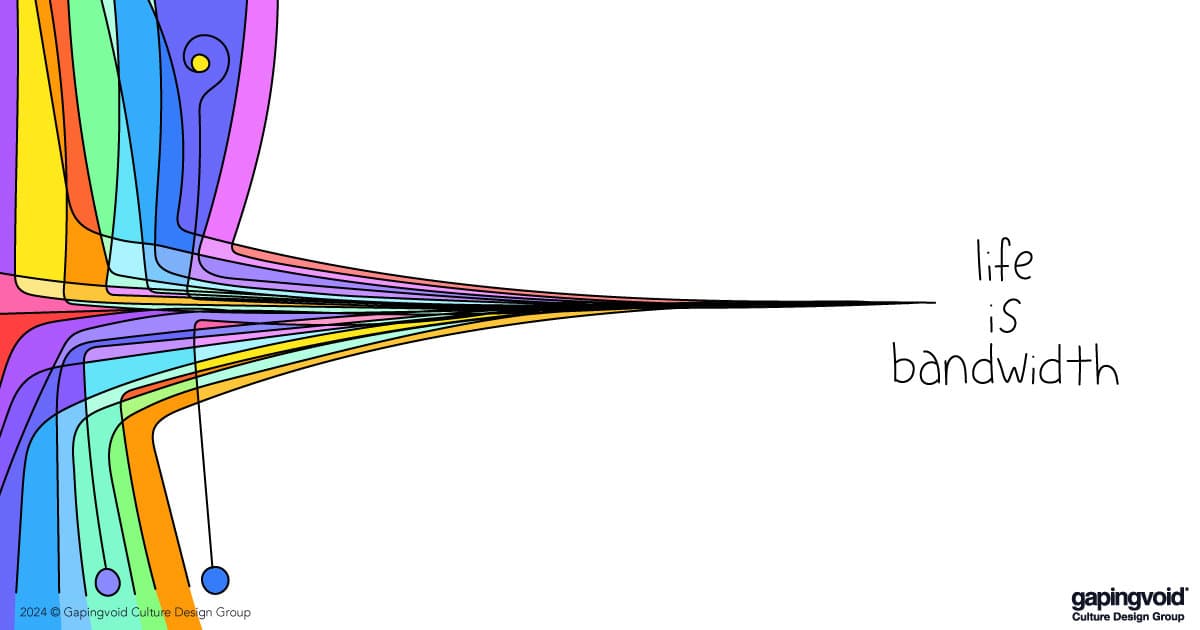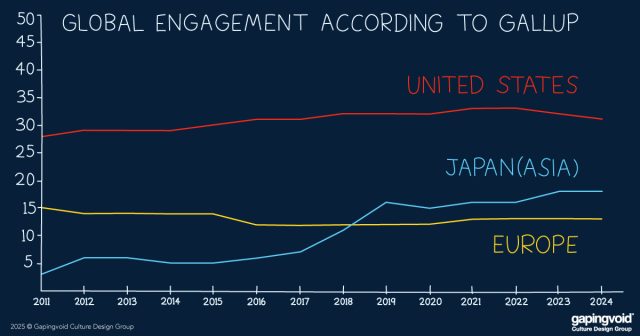
Oliver Burkeman had a successful column in The Guardian for years titled “This Column Will Change Your Life.”
It was all about lifestyle and productivity hacks, especially about how to use time more effectively.
But one day he had a revelation.
It suddenly dawned on him that none of the fun, smart, interesting and popular advice he’d been giving this last decade actually did much good. Not really.
After reflecting on his life, he was just as confused, flustered, pressed for time and trying to play catch-up as he ever was. So he assumed this was at least partially true for other people as well.
He gave up writing the column, and wrote a book talking about all of our checkered, if not futile experiences in time-management called “Four Thousand Weeks- Time Management For Mortals” (four thousand weeks being roughly the number the Good Lord gives the average person in the West).
Burkeman talked about all this in a recent Radio Atlantic podcast episode, “How To Waste Time.”
A great paradox of our modern world is, the more labor saving/time-optimizing hacks and devices we come up with, the less time we seem to have.
Are we saving time only to pile more things on top, sure. But Burkeman guesses that it’s really because we’re not in the time-hacking game to save actual time at all. It’s just a coping mechanism to make us feel less mortal, less limited, less prone to suffering… and therefore, sadly, less human.
It’s about emotions, not physics.
As impressive as it is to observe people who seem to be able to exist with robot-like precision and focus (like this freaky multimillionaire) who spends $2 million per annum fighting the aging process. The fact is, we know that’s not really who we are. Most of us are simply not made this way.
For us mere mortals, no matter how clever, smart or hard working we may be, individually or collectively, we simply can’t biohack our way out of the human condition.
That means, NOT everything needs to be “productive” or measured or hacked. Not everything needs to be what Alan Watts called “Trying to outsmart the universe.” Sometimes it’s good to just be. To have no agenda. To talk a little longer over coffee with a colleague. To give your brain a little more “White Space” in order to think properly.
During a month when we’re examining how to organize our next year for success, the best way to deal with this thing called “being human,” is perhaps to be EVEN MORE human, not less. More love, more connection, more curiosity, more laughter, more tears, all that good stuff.
Funny thing is, it’s this stuff that typically leads to the best, most meaningful work. How ironic.




The paragraph, “For us mere mortals…” is exceptional. I don’t know if Hugh wrote it or someone else did. It’s amazing. You all continue to inspire me after all these years….
This article challenges the conventional narrative surrounding time management, prompting readers to reconsider the effectiveness of widely-accepted advice.